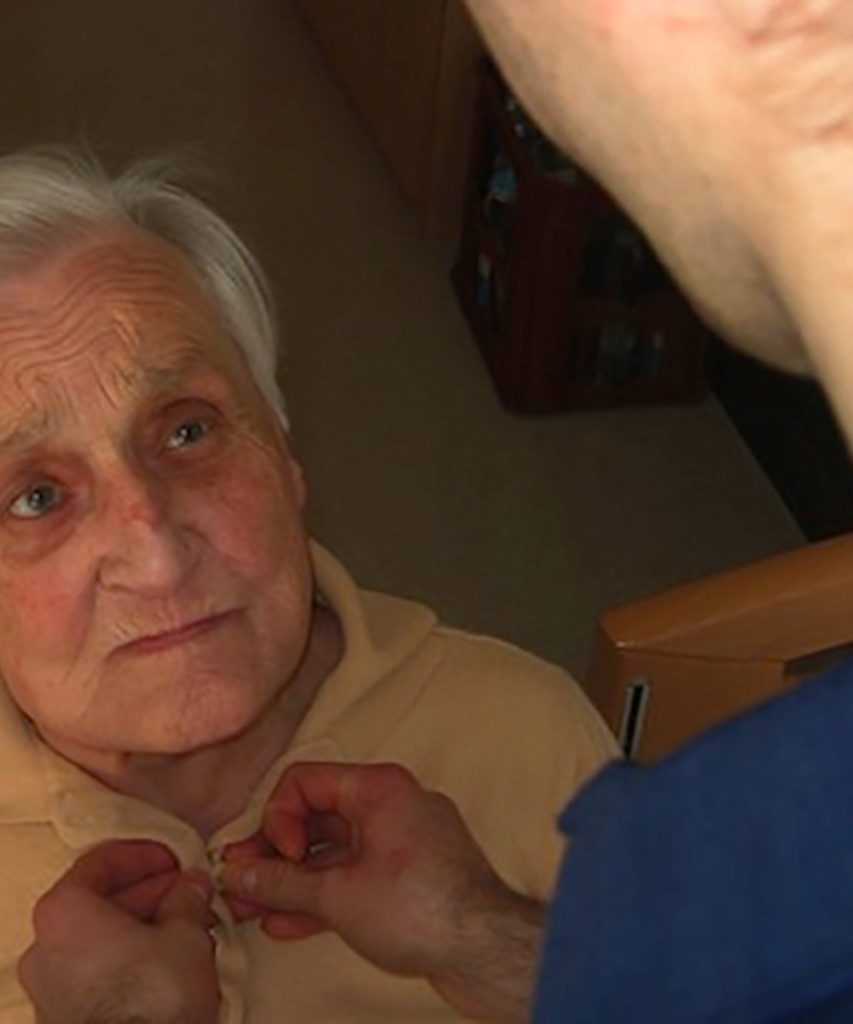There is a lot of confusion about dementia: what it is, and the symptoms that are often associated with this condition. Dementia is not a specific disease. It is basically a broad term that is used to describe a variety of behaviors that affect brain functioning. Dementia is an umbrella for a variety of diseases, which include Alzheimer’s, Parkinson’s, Huntington disease and vascular dementia among others.
The following is a short quiz regarding the symptoms associated with dementia. If you answered yes to some of the following it is important to seek medical attention to assess the cause. Sometimes changes in brain functioning are not due to dementia but rather related to other medical conditions. The following is intended as a preliminary assessment tool.
Are you or a loved one experiencing the following?
Memory loss: specifically forgetting important dates, events and forgetting recently learned information. This type of memory loss is chronic and affects daily life. This is different from forgetting a name or number and remembering it later.
Problem solving: specifically forgetting or having difficulty with numbers such as balancing a check book or following a plan like baking a cake that you have made before. This is different from making an occasional error when balancing your checkbook.
Difficulties completing familiar tasks: specifically getting lost or disoriented in your neighborhood or forgetting how to play a familiar board or card game. This is different from forgetting how to program your smart phone or record a favorite TV program.
Chronically losing things: being unable to retrace your steps to find a misplaced item. People experiencing this might then accuse others of stealing their lost item. This is different from misplacing an item and being able to retrieve it by retracing your steps.
Confusion about time and place: this can include confusion about where you are and how you got there or even what season it is. This is different from forgetting what day of the week it is, or the actual date but remembering it later.
Difficulties with language, vocabulary and expressing yourself: this can include repeating the same idea over and over or stopping in the middle of a conversation due to confusion. This is different from forgetting a word or a name and remembering it at some point later.
Poor judgment and decision-making: typically this might include poor judgment when it comes to money matters, like giving it away. It might also include not dressing appropriately for the weather such as wearing shorts in the winter. It can also include poor hygiene and other inappropriate behaviors.
Unexplained changes in personality and mood: this can manifest in confusion, anxiety, fear, suspicion and or depression. This can also include agitation, paranoia or even hallucinations. This is different from someone responding to an outside event like the death of a loved one or the loss of a job, which would explain some of the changes in mood and personality.
Unexplained changes in social life: typically this can include withdrawal from hobbies, social activities and work life. This may be due to feeling confused and lost or avoiding activities because of the changes taking place. This is different from change related to a specific life event like a death or a divorce.
Physical manifestations like balance, motor and or gait disturbances can also be noted.
If you are concerned about a love one that is experiencing some of these symptoms seek medical intervention to assess what is taking place. The Alzheimer’s Association is also a great resource to getting the information and care that is needed in assessing what is taking place, and they can be reached at 800-272-3900.

